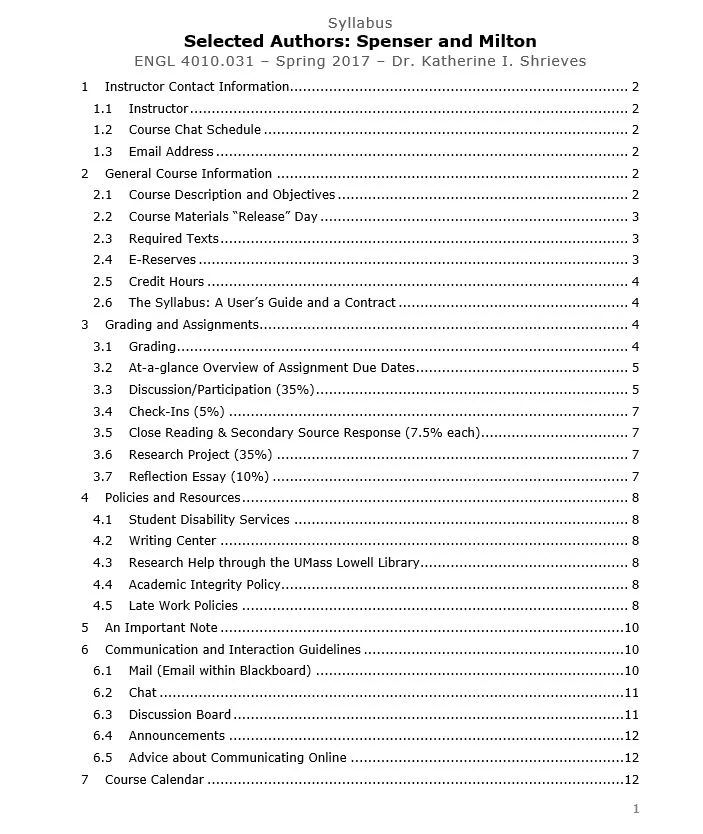On Imperfection and Reflection
In his autobiographical Confessions, St. Augustine describes meeting a disappointing teacher named Faustus of Mileve. Augustine hoped that this teacher, who was renowned for his great learning, would be able to answer his questions about the natural world. As it turned out, Augustine found the man to be less clever and less well-educated than himself. The experience wasn’t entirely fruitless, though; Augustine learned something valuable from Faustus’ teaching style:
He knew himself to be uninformed on these matters and was not ashamed to confess it. He was not one of the many loquacious people, whom I have had to endure, who attempted to instruct me and had nothing to say … This was an additional ground for my pleasure. For the controlled modesty of a mind that admits limitations is more beautiful than the things I was anxious to know about.
One truism of my own teaching is that I’ve never found the perfect way to teach something. That might sound like an empty cliché, the kind of thing you’d write in a teaching philosophy document and then forget, but it’s really true. It’s always necessary to “admit limitations” in teaching, and I’m always refining my ideas, designs, and approaches.
Sometimes this urge to revise emerges in broad changes, such as switching the reading assignments in a literature course or changing my online “lecture notes” from text to screencasts. Sometimes refinement comes through tinkering with details, such as tweaking the wording on an essay prompt or adding a small, daily in-class activity.
Recently Profhacker published a thought-provoking essay by Maha Bali, Autumm Caines, and Rebecca Hogue on the “pedagogy of imperfection.” The authors observe that “perfect pedagogies are an illusion” and encourage instructors to embrace a cycle of imperfection and growth in their own teaching and their students’ learning experiences. What’s new about Bali, Caines, and Hogue’s approach is that for them, a pedagogy of imperfection empowers instructors to take risks. Instead of fearing mistakes, they suggest instructors should acknowledge that growth comes through experimentation.
Risk-taking also necessitates that teachers don’t sweep their failures under the rug, either privately or publicly: “A pedagogy of imperfection entails teachers and mentors sharing, expressing their own imperfection openly, in order to facilitate it for others” (Bali, Caines, and Hogue). There are many pressures encouraging instructors to represent themselves to the world as flawless teachers. Most of the venues in which instructors are invited (or required) to discuss their own teaching are also important for their professional advancement (e.g. promotion portfolios, teaching philosophy statements, annual or semesterly evaluations, conference presentations, etc.), and naturally enough, instructors want to portray themselves in the best light. There’s also the inevitable anxiety that expressing any weakness or uncertainty will undercut an instructor’s authority with her students.
Perhaps Bali, Caines, and Hogue are right that the possibilities for growth make it worth risking this kind of uncomfortable self-exposure. For me, there are two modes of expressing the “pedagogy of imperfection” – privately reflecting on my teaching practice, and publicly writing about my experiences. For the latter, in this blog I plan to occasionally reflect on the messy reality of teaching.
For the former, I plan to set aside a small amount of time each week for systematic reflection. It’s hard to make deliberate changes when you don’t keep records of what you want to change. By the time next semester rolls around, I may have forgotten that I should revise the discussion questions in Week 3 of an online class, or that the activity I planned to take 20 minutes in a face-to-face class session actually took 45. To that end, this semester I plan to reflect briefly after each “unit,” whether that’s a face-to-face lesson, online course week, or completed assignment.
This retrospection needs to be short and low-impact, or else frankly I’ll push it aside to make time for more pressing things. Here are my three reflection questions:
- What worked well in this week/lesson/assignment?
- Did anything not work out as planned?
- Would I change anything next time I include this week/lesson/assignment in a class?
I plan to type answers to these questions directly in my design documents, so that the next time I teach something, it’s ready-and-waiting to remind me what my prior experiences were like.
Augustine’s “admitting limitations” is only the first step in growing as a teacher. The real “beauty” in imperfection comes from fruitful experimentation, deliberate reflection, and refinement.
Works Cited
St. Augustine. Confessions. Trans. Henry Chadwick. New York: Oxford UP, 2008.
Bali, Maha, Autumm Caines and Rebecca J. Hogue. “Pedagogy of Imperfection.” Profhacker, The Chronicle of Higher Education, 13 January 2017, http://www.chronicle.com/blogs/profhacker/pedagogy-of-imperfection/63435





